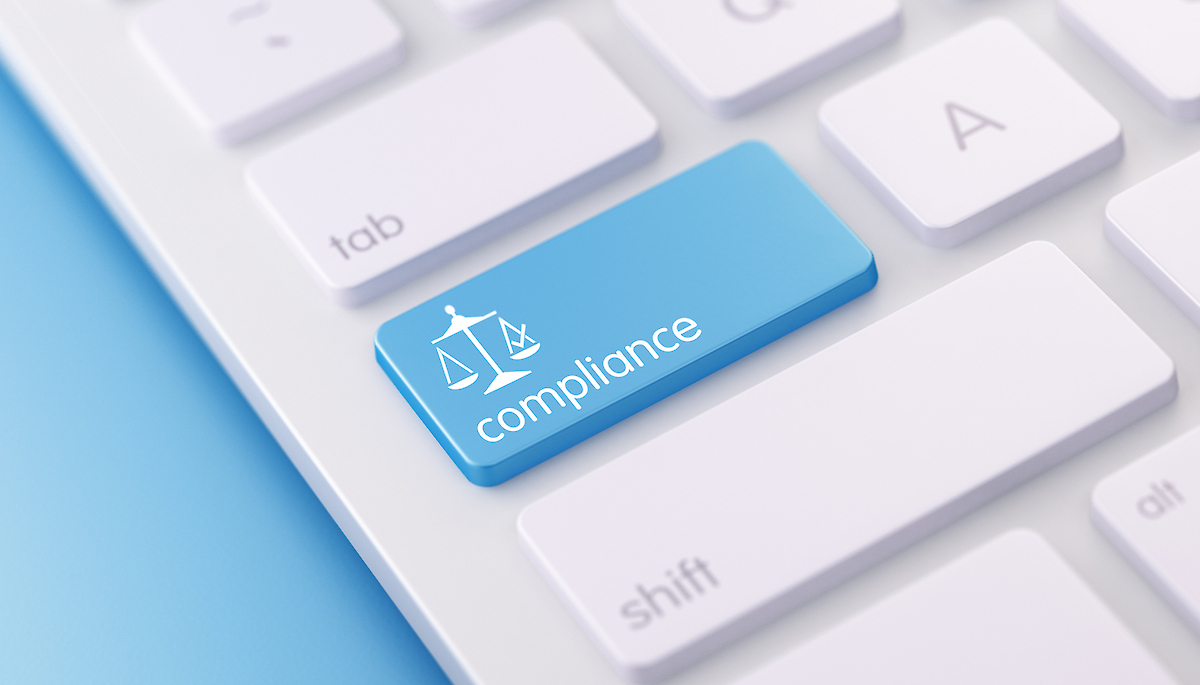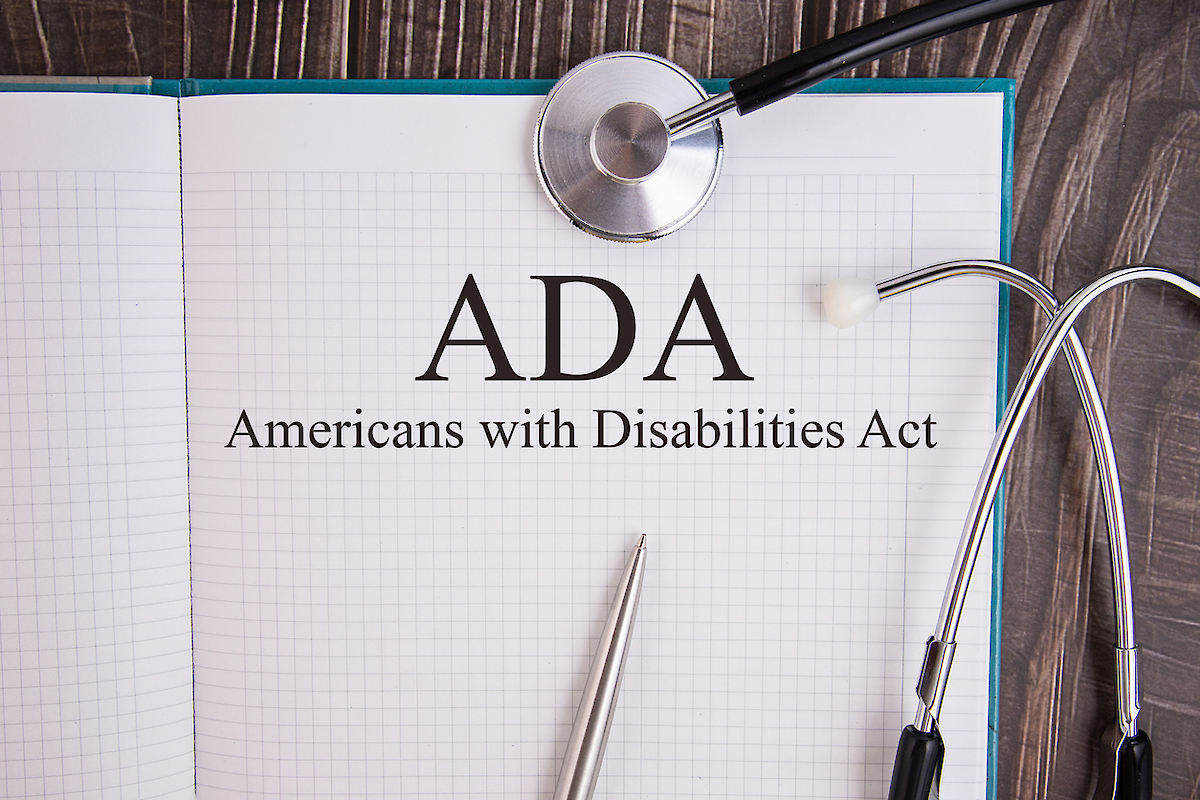Is Your PEG Channel Exempt From FCC and ADA Compliance?
news / is-your-peg-channel-exempt-from-fcc-and-ada-compliance | Previous Post Next Post
Are PEG channels exempt from FCC rules?
These exemptions are going to be based on a few key factors. For your PEG channel to be exempt from the FCC rules on captioning, it must fall into one of the two exemption rules:
- Self-implemented Exemption
- Programming is shown from 2-6 a.m.
- Public service announcements shorter than 10 minutes (not paid for with federal funding).
- Text-based programming.
- Locally produced non-news programming with no repeat value.
- Exemption due to Economic Burden
- If the cost of captioning exceeds 2% of gross revenues.
- The channel produces revenues below $3 million annually.
Because communities and non-profits typically run PEG channels, there aren’t any PEG channels that generate a revenue of more than $3 million annually, so they are exempt from providing captioning, according to the FCC.
Remind me about Web streaming
This is simple; if you provide captions for your PEG channel programming on TV, you must provide captioning for the same programming when you stream it online.
How do we obtain exempt status through the FCC?
If you meet one of the two categories for exemption; self-implemented or undue economic burden, then a petition must be filed with the FCC to prove the need for the exemption. The four factors the FCC considers when determining exemptions are listed below:
- The nature and cost of the closed captions for the programmer.
- The impact on the operation of the provider or program owner.
- The financial resources of the provider or program owner.
- The type of operations of the provider or program owner.
As of February 19, 2016, the FCC implemented the Second Report and Order. Within this implementation, a new rule was implemented that requires all video programmers to self-report compliance or exemptions to the FCC’s closed captioning rules every year, starting July 2016.
What about the ADA?

There isn’t a clear answer to whether or not PEG channels are exempt from ADA rules on accessibility. The general rule is that the channel must use every possible means to provide accessibility. If all resources have been considered and there is still an undue economic burden, then the channel is exempt under the reasonableness standard.
It’s important to note that this is not limited to closed captions; a sign language interpreter, transcripts, or other ways to provide the service should all be considered when determining all the channels options.
What do we need to do to claim exemption from the ADA?
If you’ve exhausted every resource and are still met with undue financial or administrative burden, prepare a written statement clearly stating the reasons for claiming exemption and have it signed by a high-level official or Department head. Having this statement available and updated yearly is essential when claiming exemption from Title II.
Anything else to be aware of?
Providing access to your viewers can seem like a daunting undertaking. However, there is an easy, affordable, and accurate solution that we at Link Electronics provide. Our ACE series of automatic captioning engines can caption with a documented 95% accuracy and FCC compliant latency of 3 - 6 seconds in more than ten languages. Our server is an in-house solution that your station would own, with no monthly charges or extra hidden fees. If you are considering your captioning options, give us a call to set up an online demo today!
Article Series
- Caption Requirements for Public, Education and Government Channels
- ADA Compliance for Public, Educational and Government Access Channels
- Is your PEG Channel exempt from FCC and ADA compliance? (this post)